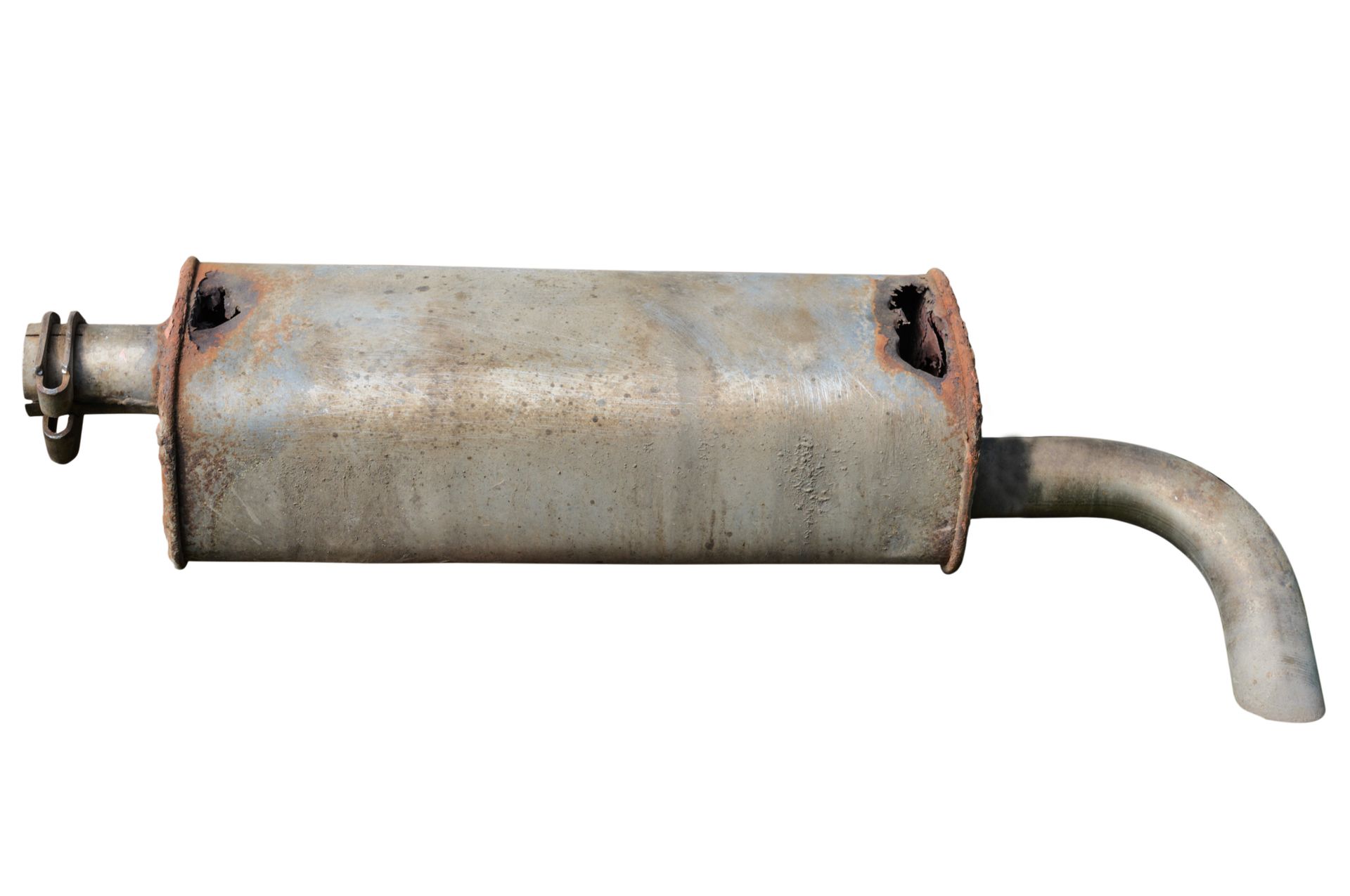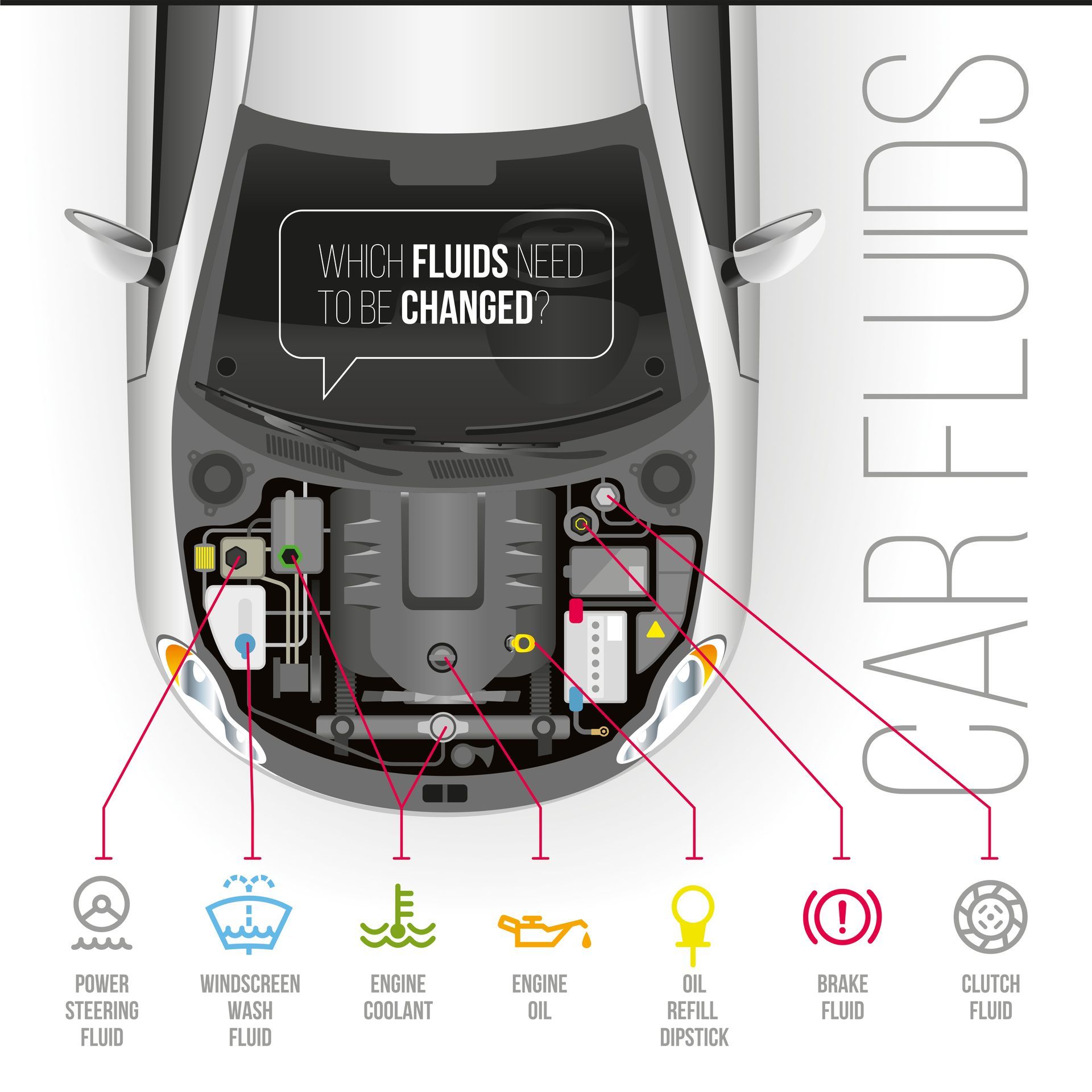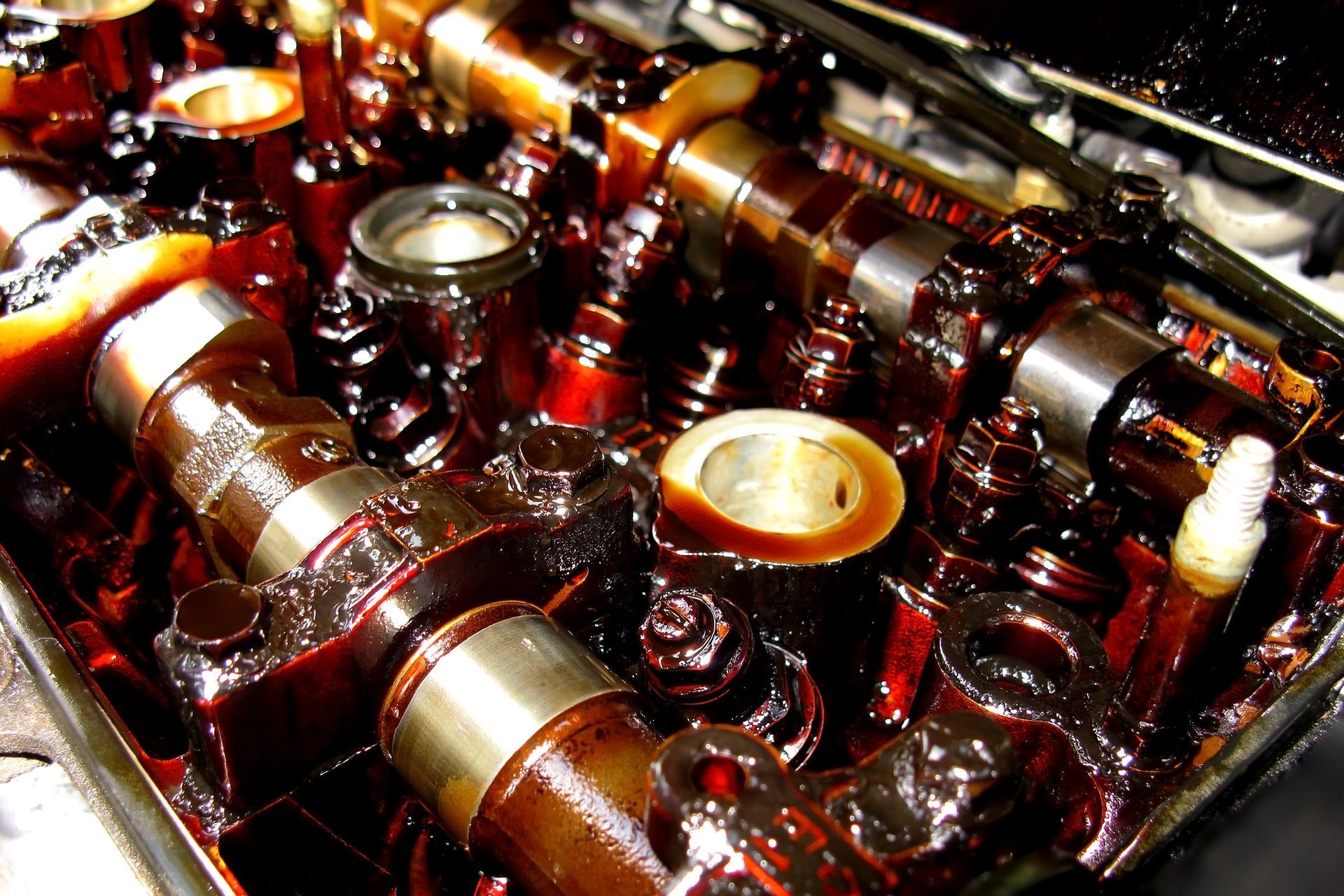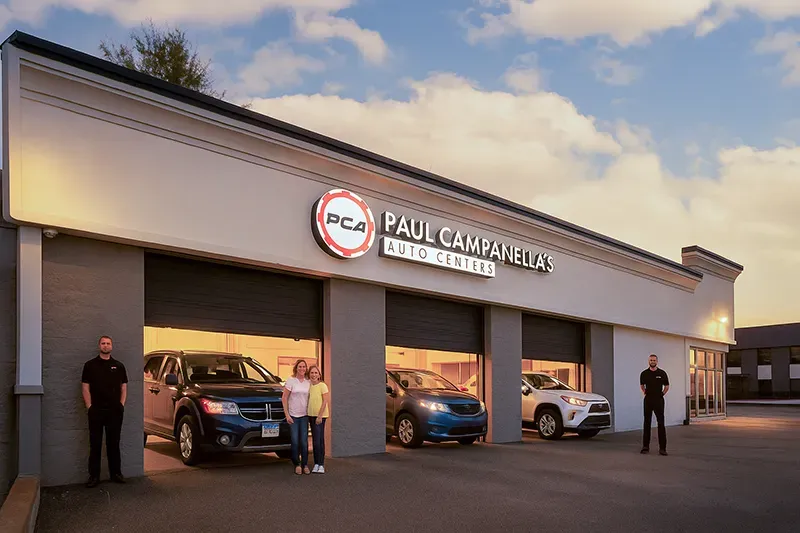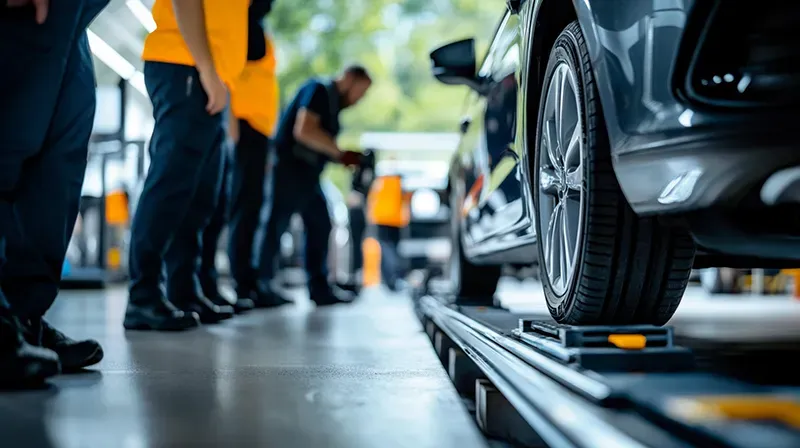Is Premium Gas Worth the Premium Price?
Imagine you’re standing at the gas pump, nozzle in hand, staring at three buttons like a game show contestant. Regular, mid grade, premium, each one flaunting its price tag. Whether you’re filling up in Pike Creek, Delaware, or Swarthmore, Pennsylvania, you’ve likely heard rumors that premium gas is the good stuff, the champagne of fuels. But is it really worth the extra cash for that high octane nectar? Let’s explore the world of octane ratings, engine needs, and whether premium gas is a luxury worth buying or just a fancy way to empty your wallet.
What’s the Deal with Octane Anyway?
First things first: what is octane? Picture it as the fuel’s ability to stay calm under pressure, like a seasoned chef keeping cool in a chaotic kitchen. Octane ratings measure a fuel’s resistance to knocking, which happens when the air fuel mixture in your engine combusts too early. That faint pinging sound? That’s your engine grumbling about a mistimed explosion, and it’s not pleased.
In the United States, you’ll typically see octane ratings like 87 for regular, 89 for mid grade, and 91 or 93 for premium. The higher the number, the more resistant the fuel is to knocking. This matters because engines are built with specific compression ratios, the amount they compress the air fuel mixture before igniting it. High compression engines, like those in sports cars or luxury vehicles, need that extra octane cushion to run smoothly. Low compression engines? They’re perfectly happy with the cheaper stuff.
Why Some Cars Demand the VIP Treatment
Not all engines are the same. High performance vehicles, like a Porsche 911 or a souped up Mustang, often have turbocharged or supercharged engines with higher compression ratios. These machines are designed for power and precision, and they need premium gas to keep their pistons firing in sync. It’s like giving a racehorse top quality feed; anything less, and it won’t perform at its best.
Carmakers specify fuel requirements in the owner’s manual, and often on the gas cap too. If it says premium required, they’re serious. These engines are finely tuned, and cutting corners on octane can throw them off balance. On the other hand, your everyday commuter, like a Honda Civic or Toyota Corolla cruising through Delaware’s backroads or Pennsylvania’s highways, runs just fine on regular 87. Their engines are built with lower compression, so premium gas is like serving caviar to a cat, it’s simply not needed.
The Risks of Going Cheap When Premium’s Required
What happens if you take a chance and fill your premium required car with regular gas? At first, you might not notice much. Modern cars have knock sensors that adjust ignition timing to cope with lower octane. But over time, you’re tempting fate, or at least an unhappy engine. Persistent knocking can lead to reduced performance, worse fuel efficiency, and even long term damage to parts like pistons or valves. It’s like running a marathon in flip flops; you might finish, but you’ll feel the consequences later.
Take a BMW M5’s turbocharged V8, for instance. It’s engineered to thrive on 91 or 93 octane. Give it 87, and you’re not just stealing its horsepower, you’re risking expensive repairs down the line. The manufacturer didn’t label it premium required for fun; it’s a warning grounded in engineering truth.
Why Premium’s a Waste for Regular Rides
Now, let’s switch gears. Maybe you’re tempted to treat your reliable old sedan to premium gas at a station in Wilmington, Delaware, or Kennet Square, Pennsylvania, thinking it’ll run smoother or gain a little extra kick. Here’s the truth: it won’t. If your car’s engine is designed for 87 octane, anything higher is pointless. The compression ratio doesn’t change with fancier fuel, so that extra knock resistance just sits there unused, like buying a high end gaming computer only to check email.
Research, like studies from AAA, supports this. They found no real difference in horsepower, fuel economy, or emissions when using premium in cars that don’t need it. The only thing lighter will be your wallet. Gas stations and oil companies might love the upsell, but your engine doesn’t care.
The Bottom Line: Know Your Engine, Save Your Cash
So, is premium gas worth the premium price? It comes down to one question: does your car need it? Check your owner’s manual. If it says premium required, don’t skimp, your engine’s performance and lifespan depend on it. But if it’s fine with regular, keep your money for something more fun than overpriced fuel, like a road trip across Delaware or Pennsylvania to use it up.
Ultimately, premium gas isn’t a magic potion; it’s a tool for specific engines. Match the fuel to your car’s needs, and you’ll keep both your vehicle and your bank account running smoothly. Anything else is just tossing cash into the tank for no reason.

